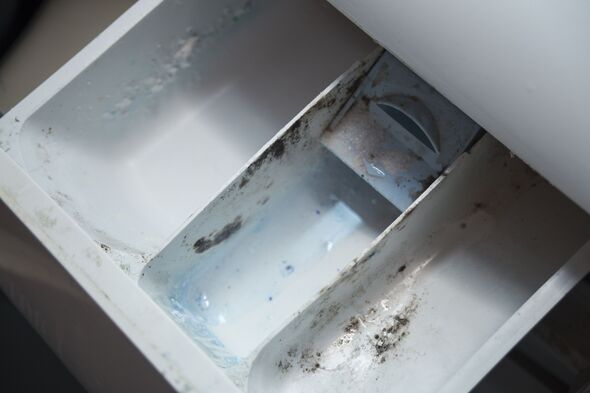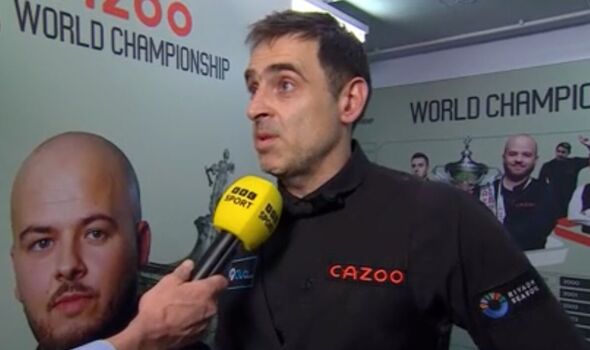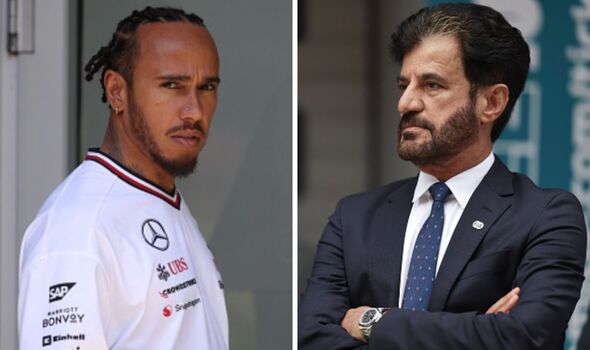
Journey for Justice ends with rally at Capitol building
December 6, 2014
Science adviser role in the new European Commission in limbo
December 7, 2014
It took a few months for the full story to emerge, and for the illustrious
career of director of rugby Dean Richards to be sullied by the subsequent
inquiry and three-year ban. It was messy, drawn-out and high-profile. The
story featured on national TV bulletins, the scrutiny was relentless and the
fallout was significant.
Richards was one of several casualties. The club were rocked while a team of
some promise were suffused with doubt.
“The ramifications of the Bloodgate affair did lead to the side stalling,”
said forwards coach John Kingston, who has been at the club for 13 years.
“We were in a void for a year or so. When Conor [O’Shea] came in, he almost
had to start from scratch because of the way the club had been knocked
about.”
Six of the starting team from that day, including current England contingent
Chris Robshaw, Mike Brown and Danny Care, line up again tomorrow at the
Stoop.
“It was a tough time for everyone,” said Robshaw, who plays his 200th game for
the club tomorrow. “It was a chapter in the club’s history but we have moved
on a long way since then.”
All these players had been nurtured by Richards while others, such as former
All Blacks fly-half Nick Evans and No 8 Nick Easter, had been brought to the
club by him. Richards’ talent was never in question. His methods were to
become so.
In the upheaval Harlequins chairman Charles Jillings resigned. The club
appointed O’Shea in March 2010 to fill the gap prompted by Richards’
departure nine months earlier. He was joined at the sharp end of the club’s
activity by incoming chief executive David Ellis, who arrived just over a
year later in succession to Mark Evans, who left to set up his own
consultancy.
There is no attempt to air-brush what happened, to depict it as a one-off, a
rogue incident. “It will always feature in Harlequins’ history,” said
O’Shea. “But as there is good and bad in the team’s performance so is there
off the field too. It is part of your family tree, part of your story, and
you should not disown it. I had no qualms at all about coming on board. I
knew the roots of this place, the quality and character of the players here,
such as Robbo [Robshaw], Mike Brown, Danny Care and many others. They were
all fighters and I knew we would come right back up, although it was
interesting to see how the roads diverged back then and where Leinster went
to.”
Ellis insisted on meeting O’Shea during his own interview process in 2011. “It
was clear we both believed in the importance of culture, of getting the
foundations right so that we could all get the best from each other,” said
Ellis. “There had been a root and branch reform of the club before I arrived
and it was important to build on that so that a Bloodgate could never happen
again. And it will not. We have put in checks and balances all along the
way. That sort of culture is simply not there any more. The change has been
enormous. If anything, the whole embarrassing episode has spurred us on to
be even more ambitious and committed.”
O’Shea, a highly-regarded figure in the game, a former Leinster player (scorer
of their first try in Europe, against Milan in 1995), set about putting his
own stamp on the club. He does not seek to damn all that went before but he
is clear as to how he conducts business.
“I wouldn’t ever countenance doing things the wrong way for the simple reason
that I wouldn’t be able to sleep at night,” said O’Shea. “East German
athletes, cycling scandals – that’s not for me. I was shocked at the time by
what happened but there was a lot of hypocrisy flying around as well. We
want to do the right things here and I believe we have done. Appointing
Chris Robshaw as captain was an important step. That showed what we are
about, in terms of his character, his ability, that he is English because we
are committed to helping the national cause here with 90 per cent of our
match day squad qualified for England, and in terms of being a real
competitor.
“That affair taught us things, principally about coming back from adversity.
You need to have that hardened mindset. The minute you get knocked down you
have to want to get straight back up. Nothing is handed to you on a plate.
Beware of fair-weather friends. You have to fight for everything.”
Ellis acknowledges that there was ‘brand damage’ to what is one of the most
recognisable shirts in world rugby. The upturn in fortunes has been
remarkable. On the field the club have won more trophies in the past four
years than any other English club: the Amlin Challenge Cup (2011), the Aviva
Premiership the following year, the Anglo-Welsh Cup and the ‘A’ league.
Off the field, the troubles of the past have long faded. The stadium
reconstruction work begun by Evans continues. Tomorrow’s game is a 14,800
sell-out and in the future the ground will be extended. Membership is at a
record high of 8,900. “We are not yet profitable but we will be next year
and that commercial stability has seen us invest in our training facilities
in Guildford among other projects,” said Ellis. “We have relationships with
eight clubs bearing our name round the world, we are trustees of a local
free school, have a five-year association with Great Britain Wheelchair
Rugby, have a girls’ coaching programme and links with schools throughout
the south of England. We want to grow our footprint, want to promote good
values yet still retain some of that essence of an old-fashioned rugby club.”
Harlequins have managed to do that. O’Shea admits that he winces at times when
he sees kids and parents allowed to play on the pitch after matches but, in
truth, relishes the inclusive nature of the match-day experience.
And so to tomorrow.
“What we are trying to build here, with all this young English talent be it
[lock] Charlie Matthews or [prop] Kyle Sinckler or [back row] Jack Clifford,
is so exciting,” said O’Shea. “I sometimes pinch myself with these young
guys because it’s as if it is four years ago all over again when Robshaw,
Brown and the rest were beginning to make their mark. We’ve done pretty well
but we want to be the best in Europe one day, as Leinster have been. We are
judged by different expectations now and that is a sign of how far we have
come. We’re expected to do well. You can’t help but be energised by these
sorts of occasions.
“It’s been an up-and-down season so far but Europe tends to ignite us.
Leinster are a measuring stick and winning in Europe is the objective.
Whether that happens on my watch, I don’t know. I am just the current
custodian of that Harlequin shirt. That is a great privilege.” That shirt is
in good hands.



